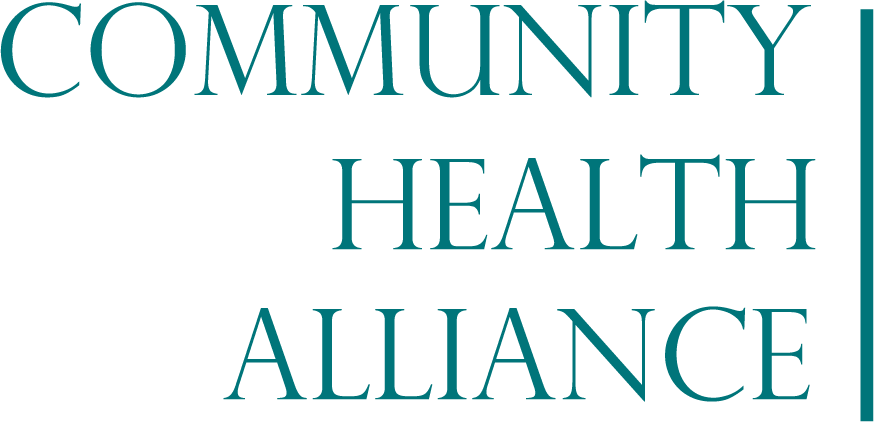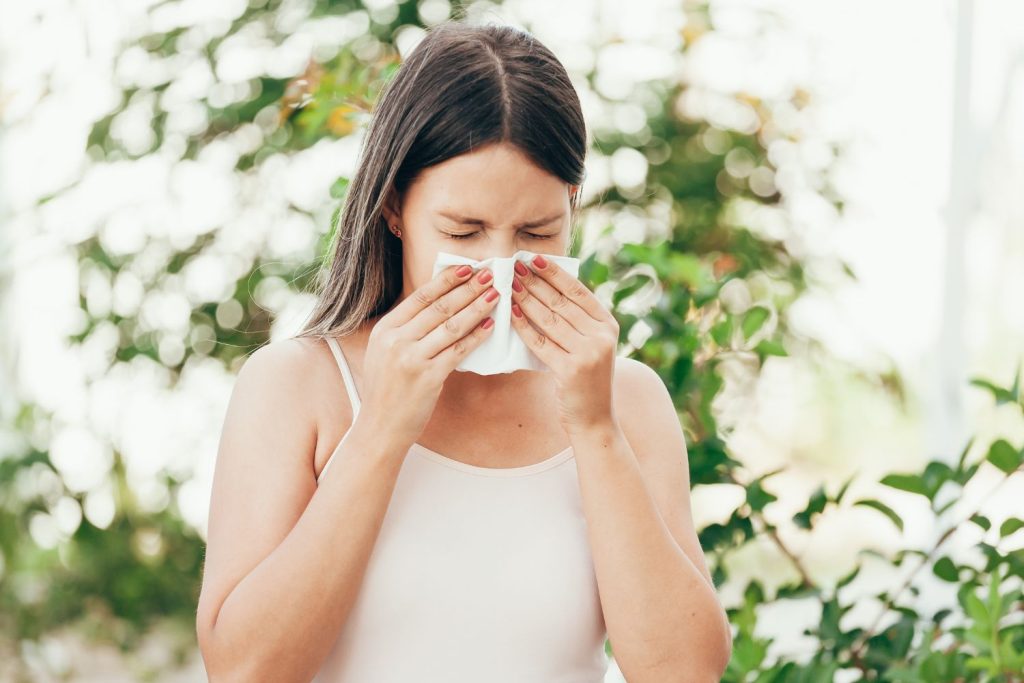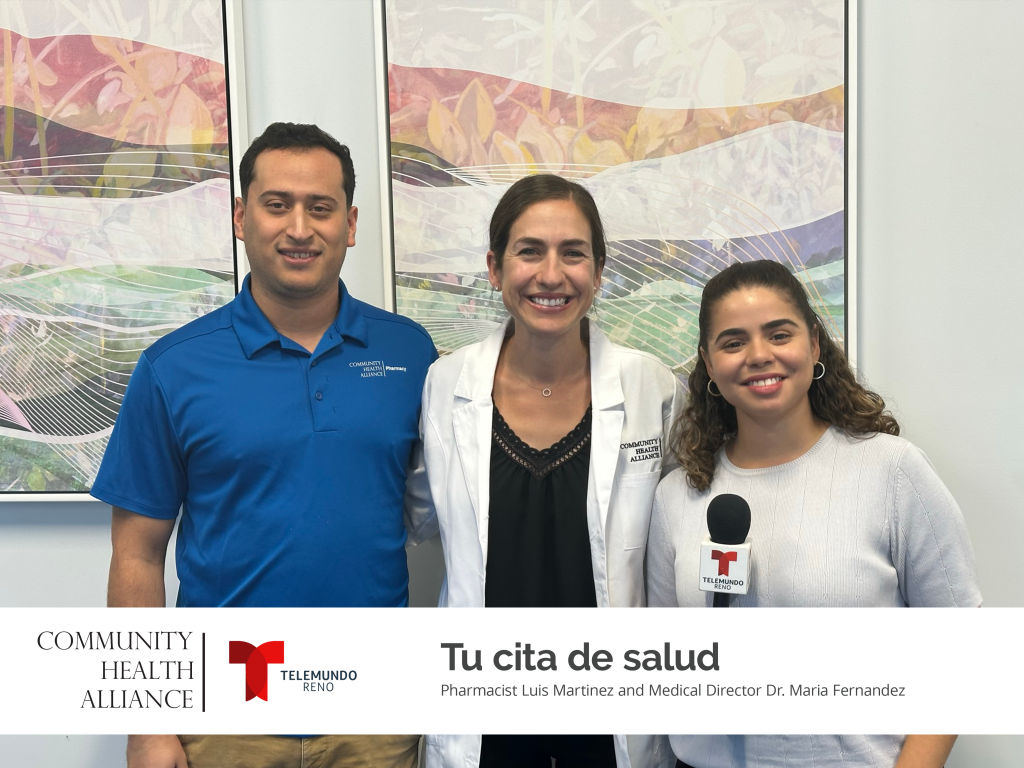High Blood Pressure Education Month
May is National High Blood Pressure Education Month
High blood pressure, also known as hypertension, is a major risk factor for heart disease. Many people have high blood pressure, and its associated health risks, even if they don’t realize it. It is estimated that half of the adults in the United States live with high blood pressure. This month, we want to focus on educating people about hypertension and what you can do to lower your risk factors or manage it. High blood pressure creates continual stress on your body. High blood pressure damages our circulatory system, which raises the risk of heart attack, stroke, heart failure, kidney disease, vision loss, and other types of heart disease.
What is Blood Pressure?
Blood pressure is the pressure of blood pushing against the walls of your arteries. Arteries carry blood from your heart to other parts of your body. Blood pressure is measured using two numbers: The first number, called systolic blood pressure, measures the pressure in your arteries when your heart beats. The second number, called diastolic blood pressure, measures the pressure in your arteries when your heart rests between beats. Learn more about blood pressure here.
What is High Blood Pressure?
Some health care professionals diagnose patients with high blood pressure if their blood pressure is consistently 140/90 mm Hg or higher. Your blood pressure changes throughout the day based on your activities. Having blood pressure measures consistently above normal may result in a diagnosis of high blood pressure. The higher your blood pressure levels, the more risk you have for other health problems such as heart disease, heart attack, and stroke.
How to Lower Your Blood Pressure
- Weight loss – Blood pressure often increases with weight increases. Weight loss is one of the most effective lifestyle changes for controlling blood pressure. Losing even a small amount of weight if you’re overweight or obese can help reduce your blood pressure.
- Exercise – Regular physical activity, such as 150 minutes a week, can lower your blood pressure. If you have elevated blood pressure, exercise can help you avoid developing hypertension.
- Eat a healthy diet – Eat a diet that is rich in whole grains, fruits, vegetables, and low-fat dairy products.
- Reduce sodium in your diet – Even a small reduction in the sodium in your diet can improve your heart health and reduce blood pressure
- Limit the amount of alcohol you drink – Drinking more than moderate amounts of alcohol can actually raise blood pressure. It can also reduce the effectiveness of blood pressure medications.
- Quit smoking – Each cigarette you smoke increases your blood pressure for minutes after you finish. Quitting smoking can reduce your risk of heart disease and improve your overall health.
- Reduce your stress – Chronic stress may contribute to high blood pressure. More research is needed to determine the effects of chronic stress on blood pressure.
Learn more about how to control high blood pressure here.
Community Health Alliance and Patients with High Blood Pressure
Community Health Alliance addresses chronic illnesses at each of our health centers, however, if you’re needing greater chronic disease management, the Center for Complex Care is the place for you. You get longer appointment times, in-depth health planning, and other special accommodations. You also get to work with a collaborative team of highly trained medical providers, behavioral health specialists, clinical pharmacists, and compassionate care managers who are experts in connecting the dots to make it all happen for you.
To qualify as a patient at the Center for Complex Care, please call us at (775) 329-6300.
Sign Up for Our Newsletter
SubscribeSign Up for Our Newsletter
By submitting this form, you are consenting to receive marketing emails from: Community Health Alliance. You can revoke your consent to receive emails at any time by using the SafeUnsubscribe® link, found at the bottom of every email. Emails are serviced by Constant Contact
By submitting this form, you are consenting to receive marketing emails from: Community Health Alliance, 680 S. Rock Blvd, Reno, NV, 89502, https://www.chanevada.org. You can revoke your consent to receive emails at any time by using the SafeUnsubscribe link found at the bottom of every email.


